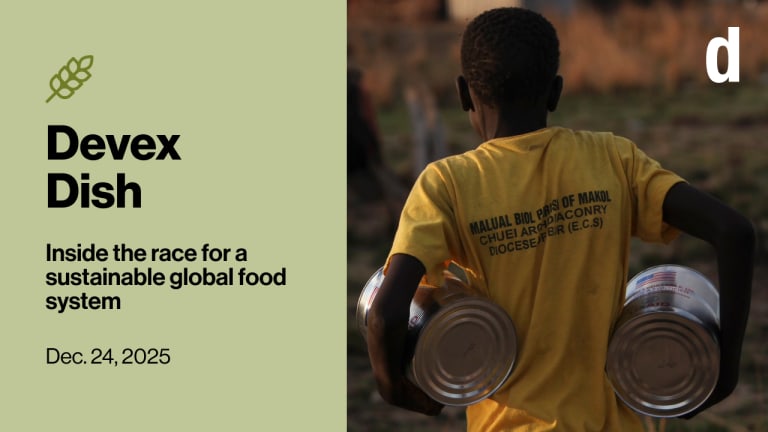
The World Health Organization has landed its first shipment of medical supplies in Kabul since the Taliban’s takeover of Afghanistan. The agency, as well as other humanitarian organizations, have been unable to get aid into the city’s airport for weeks, as no commercial aircraft were able to land.
This first shipment, which arrived Monday, included 23 metric tons of medicines and other health supplies.
“As health needs increase in Afghanistan, we must move quickly to address the shortages in medical supplies to keep life-saving health services running.”
— Tedros Adhanom Ghebreyesus, director-general, WHOAn estimated 18 million people are in need of humanitarian assistance as a result of conflict, displacement, drought, and the coronavirus pandemic. Reports in Kabul and other large cities show a rise in cases of diarrhea, malnutrition, and COVID-19-like symptoms, among other health issues. The country is also seeing a rise in conflict-related trauma cases.
In the days following the ouster of the former Afghan government and the Taliban’s takeover in mid-August, the airport saw frenzied and violent scenes of urgent attempts by many Afghan citizens and foreigners to flee the country. An estimated 180 people were killed after a suicide bombing outside Kabul’s airport.
On Aug. 22, WHO and UNICEF called for a “humanitarian airbridge” to ensure organizations could deliver supplies to the country. WHO warned its “supplies are rapidly dwindling,” saying it only had enough in the country to meet needs for up to a week and a half. The health agency said more than 500 metric tons of supplies intended for Afghanistan were stranded at its hub in Dubai, United Arab Emirates.
At the end of August, the agency instead landed a shipment of 12.5 metric tons of medical supplies to another airport, Mazar-i-Sharif, in northern Afghanistan. The plane was provided by the Pakistani government.
The first commercial flights to Kabul since the Taliban takeover arrived Monday. WHO’s shipment was carried by a Qatar Airways flight, donated by Qatar’s government. A second flight is planned for later this week. The shipments — which include insulin, COVID-19 tests, surgery kits, and other supplies — are set to be distributed among 280 health facilities and aim to support the health needs of 1.45 million people. In total, the agency has delivered 131 metric tons of supplies into the country by air since Aug. 30.
Sign up for Devex CheckUp
The must-read weekly newsletter for exclusive global health news and insider insights.
“As health needs increase in Afghanistan, we must move quickly to address the shortages in medical supplies to keep life-saving health services running,” wrote Tedros Adhanom Ghebreyesus, director-general at WHO, in a press release.
The agency said it is “exploring options to expedite further shipments of health supplies to Afghanistan” and continues to call for a “reliable” humanitarian airbridge.
Beyond logistical access, concerns include funding for urgent health needs. On Monday, Médecins Sans Frontières called on donors to "immediately lift the suspension of funds earmarked for healthcare" in the country, saying that without the funds, "what remains of the Afghan healthcare system will inevitably and rapidly collapse."




